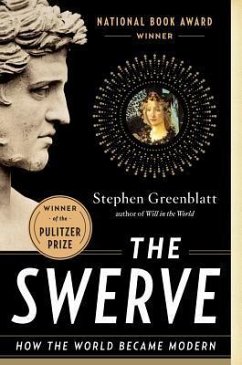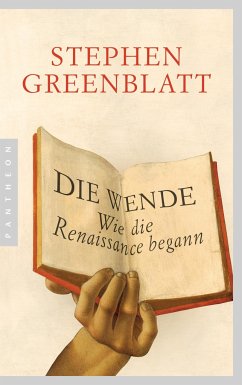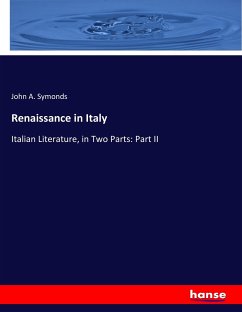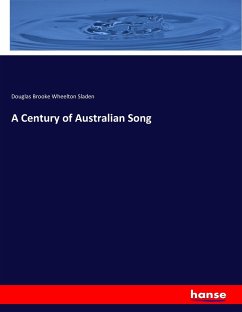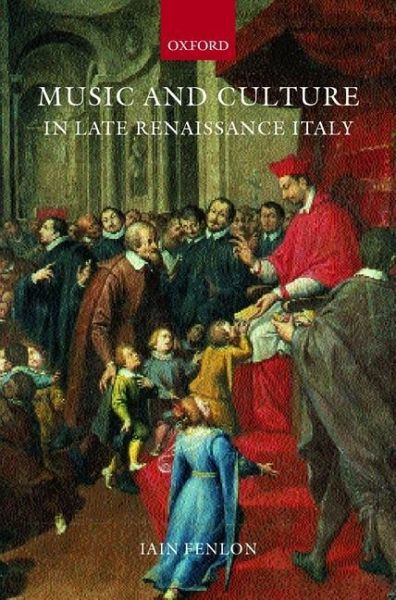
Music and Culture in Late Renaissance Italy
Versandkostenfrei!
Versandfertig in 1-2 Wochen
181,99 €
inkl. MwSt.

PAYBACK Punkte
91 °P sammeln!
This collection of essays is unified by a number of concerns: one is the way in which musical activity of all kinds was instrumentalized by those in power, in Italy, during the Sixteenth Century. A second expressed through the chornological concentration on the second half of the century, is with a period which is still often regarded as one of decline and degeneracy after the achievements of the Quattrocento and the decades before the calameta d'Italia. This book implicitly argues that Italian culture did not lose its vigor after 1530, but underwent a transformation, as both individuals and i...
This collection of essays is unified by a number of concerns: one is the way in which musical activity of all kinds was instrumentalized by those in power, in Italy, during the Sixteenth Century. A second expressed through the chornological concentration on the second half of the century, is with a period which is still often regarded as one of decline and degeneracy after the achievements of the Quattrocento and the decades before the calameta d'Italia. This book implicitly argues that Italian culture did not lose its vigor after 1530, but underwent a transformation, as both individuals and institutions reacted to new economic, political, and religious circumstances.




